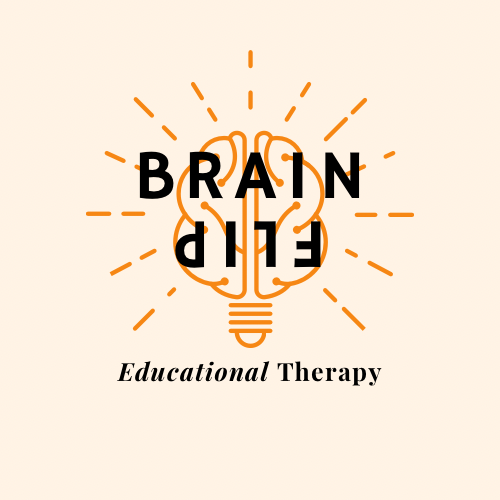How can I support my child with ADHD?
Supporting a child with ADHD (Attention-Deficit/Hyperactivity Disorder) involves a multi-faceted approach that addresses their specific needs. Here are some strategies and suggestions to help you support your child with ADHD:
Educate yourself: Learn as much as you can about ADHD, its symptoms, challenges, and treatment options. This knowledge will help you better understand your child's experiences and develop effective strategies.
Collaborate with professionals: Consult with healthcare professionals, such as pediatricians, psychologists, or psychiatrists who specialize in ADHD. They can provide guidance, offer assessments, and recommend appropriate interventions.
Maintain a structured environment: Establish consistent routines and clear expectations at home. Use visual cues, schedules, and reminders to help your child stay organized and focused. Minimize distractions and provide a calm, quiet space for studying or completing tasks.
Break tasks into manageable chunks: Large tasks can be overwhelming for children with ADHD. Help your child break them down into smaller, more manageable steps. Offer guidance and praise for each completed step, providing motivation and a sense of accomplishment.
Use positive reinforcement: Reward and praise your child's efforts and achievements. Positive reinforcement can help motivate and reinforce desired behaviors. This could include verbal praise, small rewards, or privileges.
Provide clear and concise instructions: When giving instructions or explaining tasks, use simple and straightforward language. Break instructions into smaller, actionable steps and check for understanding.
Encourage physical activity: Regular exercise and physical activity can help reduce hyperactivity and improve focus. Encourage your child to engage in activities they enjoy, such as sports, dancing, or martial arts.
Support social skills development: Children with ADHD may struggle with social interactions. Teach and model appropriate social skills, such as active listening, taking turns, and empathy. Encourage participation in social activities, clubs, or support groups.
Foster healthy lifestyle habits: Ensure your child gets enough sleep, maintains a balanced diet, and avoids excessive screen time. Adequate rest and a nutritious diet can positively impact focus and attention.
Communicate with teachers: Maintain open lines of communication with your child's teachers. Collaborate on strategies and accommodations that can be implemented at school to support your child's learning and manage ADHD-related challenges.
Explore ADHD-specific interventions: Depending on your child's needs, consider interventions such as behavior therapy, cognitive-behavioral therapy (CBT), or medication. Consult with professionals to determine the most appropriate course of action.
Provide emotional support: ADHD can sometimes lead to frustration, low self-esteem, or emotional challenges. Offer a supportive and understanding environment for your child to express their feelings. Encourage them to develop coping mechanisms, such as deep breathing or taking short breaks when feeling overwhelmed.
Remember, each child with ADHD is unique, so it's important to tailor strategies to their individual needs. Patience, consistency, and a supportive environment can go a long way in helping your child thrive.

